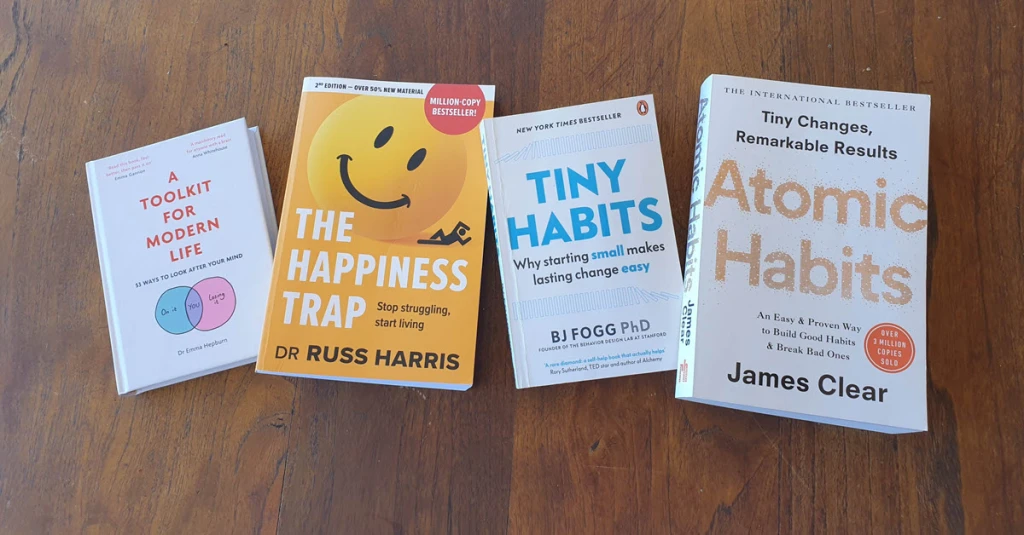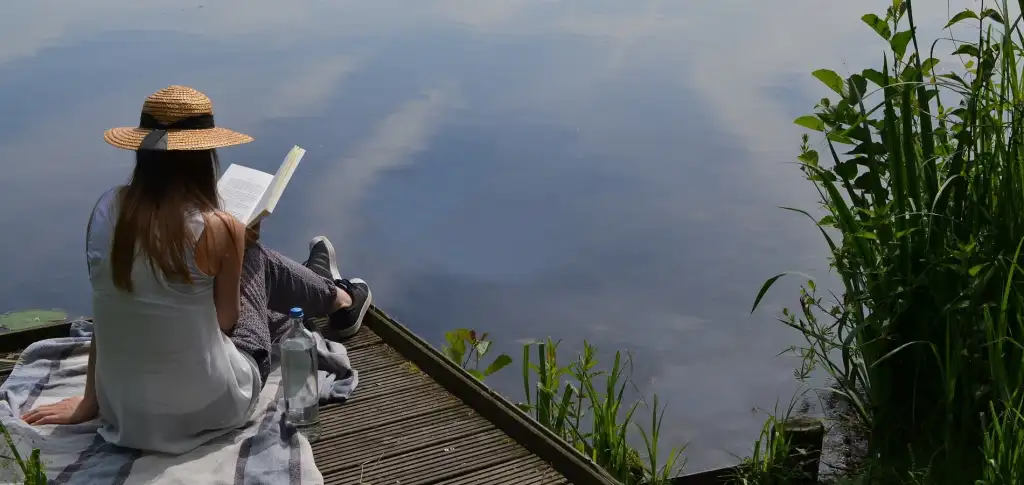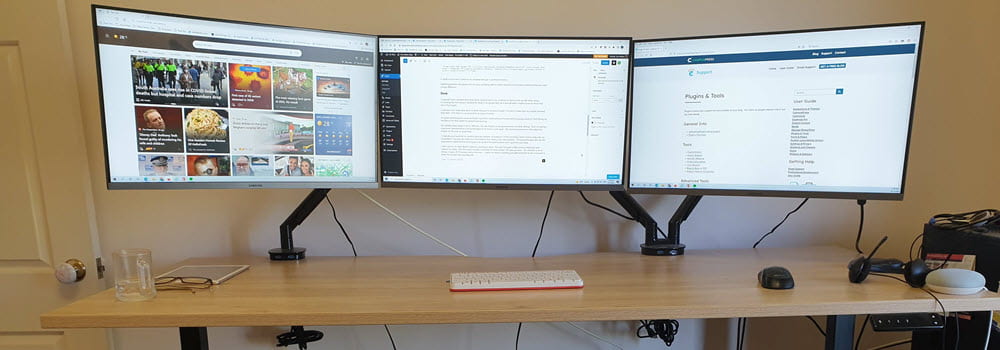Okay I’ve got an idea but I need your help to move it from the idea into making it work :).
The Idea
Let me explain. My real job is training people how to farm fish.
I’ve had this idea ever since I read Kevin Jarrett’s Struggling with integrating technology into your curriculum? How about integrating … FISH?!?! which highlights the opportunities for educators to connect with an aquaponics facility through Ocean of Know.
Kevin explains:
Ocean of Know uses videoconferencing and Internet-based monitoring/control systems to connect kids from NYC schools to this research facility. Once linked, kids and teachers learn through a series of projects and routine farm maintenance – as if controlling an aquaponics facility via the Internet can be considered routine! You only have to spend a few minutes on this site to see how creative and engaging the lessons are.
My workplace provides training for the maritime industry; encompassing fishing operations, seafood processing, seafarers & engineers on the large ships, marine tourism, marine science and aquaculture.
Putting it simply we employ highly qualified people from a range of maritime industries, with wealth of experience and we have great facilities — plenty of opportunities for educators to connect their students to learn about the maritime industry.
Check out the short video below that I created to give you show you aspects of aquaculture I could share. I’d even be prepared to talk about Goldfish with your students :).
Where I’m At
So as I said I need your help to move it from the idea into making it work :). I’m hoping if I list my thought process you can provide suggestions.
Here’s my thought process so far:
1. Simple Lessons and Provide Information on Aquaculture
I’m thinking we could develop simple lessons, similar the concept they’ve used on Ocean of Know, which educators could use with their students plus provide access to us using Skype, webcams, videos, Ustream etc and obviously site tours for local schools.
Happy to involved international schools as students from throughout the World train at our centre.
Can you tell me whether/how this might fit into your curriculum?
2. Getting Others Involved
Ideally it would be good to get K12 educators involved especially with lessons.
Who should I contact? Science Teachers Association? Curriculum Development at Education Department? Who else?
3. What Type Of Site To Use
I’m thinking of keeping it simple using a wiki because it’s probably better suited and provides an opportunity to showcase various Web 2.0 tools to new educators.
My preference is wikispaces. Your thoughts? Wiki? Wikispaces? Or not a wiki?
4. Forum Facility
Want include the ability for students/educators could post questions –the discussion tab isn’t the best for forums — could embed a forum? Ideas?
5. What haven’t I thought of?
I’m bound to have missed something. But what?
FINAL THOUGHTS
My managers can see merit in my idea — even if they don’t quite understand where I’m going with it. Who can blame them I’m still working it out myself.
I’d really appreciate it if you’d take the time to help me out by leaving a comment with your thoughts and ideas; so that I can start to make it happen 🙂




Leave a comment